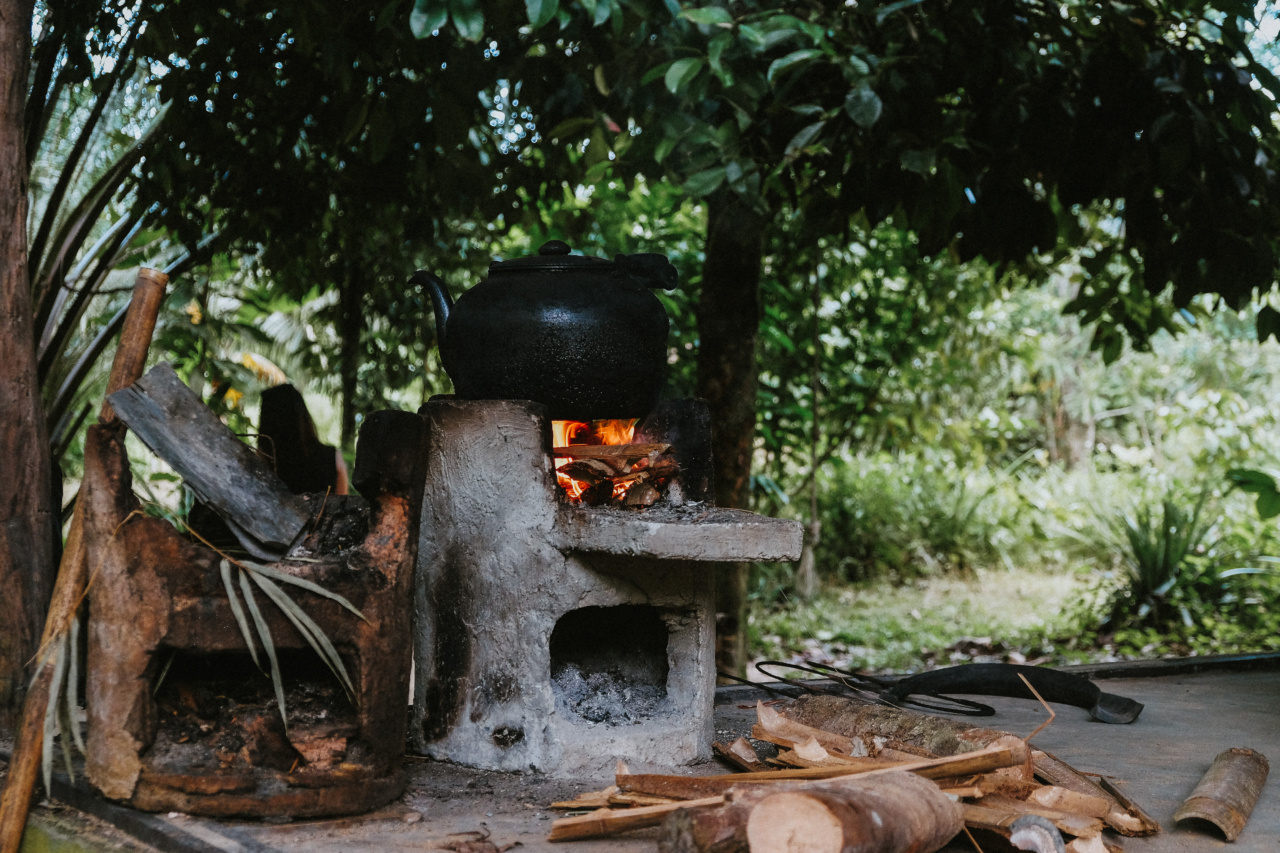Summertime is the perfect season for outdoor gatherings, barbecues, and picnic parties. However, with the rise in temperature, it’s crucial to pay extra attention to the safety of your food.
The hot weather can quickly become a breeding ground for bacteria and other harmful pathogens, posing serious health risks. To ensure that you and your loved ones stay safe from foodborne illnesses, here are some essential tips for keeping your food safe in the summer heat.
1. Proper Storage
One of the most important steps in maintaining the safety of your food during the summer is appropriate storage. Keep perishable items such as meat, poultry, seafood, dairy products, and leftovers refrigerated until you are ready to use or consume them.
The refrigerator should maintain a temperature below 40°F (4°C) to prevent the growth of bacteria. In case you are hosting an outdoor event, use coolers with plenty of ice or ice packs to keep your food chilled.
2. Separate Raw and Cooked Foods
Preventing cross-contamination is crucial to avoid the spread of harmful bacteria. Keep raw meats and their juices away from other foods, especially those that are ready to eat.
Use separate cutting boards, utensils, and serving platters for raw and cooked foods to minimize the risk of contamination. Make sure to wash your hands thoroughly with soap and water after handling raw meats.
3. Don’t Leave Perishable Foods Unrefrigerated
Summer heat can be brutal, particularly for perishable foods. To avoid bacterial growth and potential illness, don’t leave perishable items sitting out for more than two hours (or one hour if the temperature is above 90°F/32°C).
This includes dishes like salads, cold meats, dips, and mayonnaise-based foods. It’s best to serve them in small portions and replenish them as needed to ensure they stay fresh.
4. Cook Food Thoroughly
Food safety doesn’t end with proper storage and handling; cooking food to the right temperature is equally important. Use a food thermometer to ensure meat, poultry, seafood, and other cooked dishes reach their appropriate internal temperatures.
For instance, beef, pork, veal, and lamb should be cooked to an internal temperature of 145°F (63°C) with a three-minute rest time before serving.
5. Be Mindful of Marinating
Marinating can enhance flavors and tenderize meat, but it’s essential to pay attention to safety guidelines. When marinating meat, poultry, or seafood, always do it in the refrigerator.
If you plan to use the marinade as a sauce, set aside a portion before adding the raw ingredients. Never reuse marinades that have come into contact with raw foods unless you boil them first to destroy any harmful bacteria.
6. Safe Grilling Practices
Grilling is a popular summer activity, but it’s vital to follow safe grilling practices. Preheat your grill before cooking food to kill any bacteria. Use separate utensils and platters for raw and cooked food.
Avoid charring or burning meat, as it can create cancer-causing chemicals. If using a charcoal grill, ensure the coals are completely extinguished before disposing of them.
7. Protect Food from Insects
Summertime also means an increase in bugs and insects, which can contaminate your food. Cover your dishes with lids, plastic wrap, or aluminum foil to keep flies, ants, and other pests away.
Keep sugary drinks covered or use cups with lids and straws to prevent unwanted visitors. Clean up any spills promptly and maintain a clean picnic or dining area to minimize attraction to pests.
8. Stay Hydrated
While it’s important to focus on food safety, don’t forget about staying hydrated during the hot summer months. Drink plenty of fluids, such as water, fruit-infused water, or natural fruit juices.
Avoid leaving beverages sitting out in the heat for extended periods and keep them in insulated coolers or with plenty of ice to maintain their refreshing temperatures.
9. Be Cautious with Buffet Style Meals
Buffet-style meals are common at summer parties, but they present additional challenges for food safety. Keep hot foods hot by using chafing dishes, slow cookers, or warming trays.
Cold foods, on the other hand, should be kept chilled with ice or placed in shallow dishes surrounded by ice. Monitor food temperatures regularly, discard any perishable items that have been left out for too long, and replenish the buffet with fresh servings to avoid contamination.
10. Packing Food for Picnics
Picnics are a delightful way to enjoy the summer weather, but packing food safely is crucial to prevent foodborne illnesses. Pack perishable items in insulated coolers with ice packs to keep them cooler for a longer duration.
Consider using separate compartments or zip-lock bags to avoid any cross-contamination between raw and ready-to-eat foods. It’s also advisable to bring hand sanitizer or moist towelettes to ensure you can clean your hands before eating, even when access to running water is limited.


























